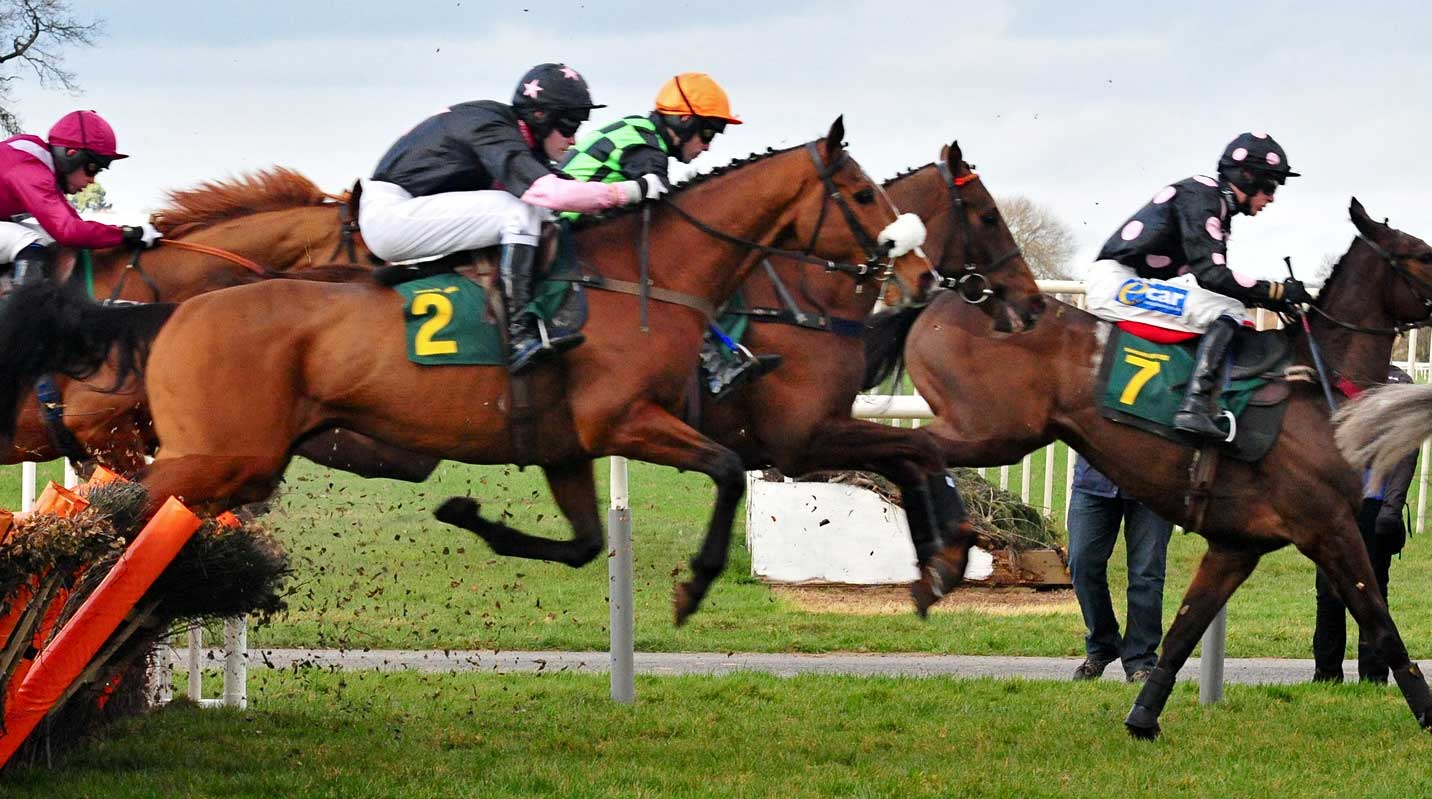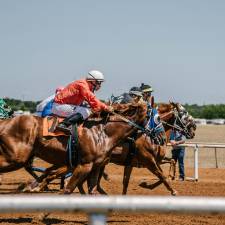
Horse racing has a long and storied history in the United Kingdom, with the first recorded races dating back to the Roman occupation of Britain in the 1st century AD. However, it wasn't until the 18th and 19th centuries that horse racing really took off as a popular and organized sport in the UK.
18th Century
In the 18th century, horse racing became increasingly popular among the aristocracy, and the first organized races were held at Newmarket, a small town in Suffolk that became known as the "home of horse racing." These early races were often informal affairs, with wealthy landowners and noblemen pitting their horses against one another for sport and betting.
19th Century
The 19th century saw the rise of organized horse racing, with the establishment of the Jockey Club in 1750 and the creation of the modern stud book in 1853. The Jockey Club, which is still in existence today, is responsible for setting and enforcing rules and regulations for horse racing in the UK, including the standards for breeding and training racehorses.
The stud book, which is a comprehensive record of all Thoroughbred horses in the UK, is maintained by the Jockey Club and is used to determine the pedigree and eligibility of horses for racing.
During this time, horse racing became a major spectator sport, with large crowds attending races at some of the UK’s best horse racing tracks, like Ascot, Epsom, and Goodwood. These races were not just a chance to see the finest horses and riders in the world, but also a chance for the upper class to showcase their wealth and social status. The Royal Family, in particular, played a major role in the popularity of horse racing, with Queen Victoria and Prince Albert often attending races and even breeding their own racehorses.
20th Century
The 20th century saw the continued growth of horse racing in the UK, with the introduction of new technologies and innovations such as starting gates, photo finishes, and the use of drugs to enhance the performance of horses. However, these advances also led to controversies and scandals, such as the use of performance-enhancing drugs and the illegal doping of horses. In response, the Jockey Club introduced stricter regulations and testing to ensure the integrity of the sport.
Today, horse racing is still a popular and lucrative sport in the UK, with major races like the Grand National and the Epsom Derby drawing large crowds and generating significant betting activity. Traditionally, punters would go to a range of bookmakers on the track, but today, most bettors prefer to place their bets on their phone.
Betting on the go brings about much more benefits than with a bookmaker on the track. First, you might be entitled to a bonus, and second, the odds are far greater. Also, while betting online you can easily build your own accumulator, and even bet on other races across the country.
Nevertheless, before placing a bet on the horses, you should visit a comparison site which puts all the best horse racing betting sites in one place.
From there, you are able to read unbiased reviews on each one, and compare all the latest promotions on offer. In addition, you’ll find all the different types of bets you can make on the horses, from Lucky 15 to Yankee.
In addition to traditional flat racing, the UK also has a thriving industry in jump racing. The most famous meets are The Grand National at Aintree, Liverpool and The Gold Cup at Cheltenham Racecourse.
Despite its long history and enduring popularity, horse racing has faced criticism and controversy in recent years, particularly over issues related to animal welfare and the treatment of racehorses. Some critics argue that the sport is inhumane and that the intensive training and racing schedules put too much strain on the horses, leading to injuries and fatalities.
In response, the Jockey Club and other organizations have implemented measures to improve the welfare of racehorses and increase transparency in the industry.
Overall, horse racing has played a significant role in the history and culture of the UK, and it continues to be a popular and influential sport today.
If you like betting on horses and want to see other interesting articles, see more in our section on Horse Racing.
Are you interested in promoting your business or sharing content on EIE? Contact us at info@equineinfoexchange.com













